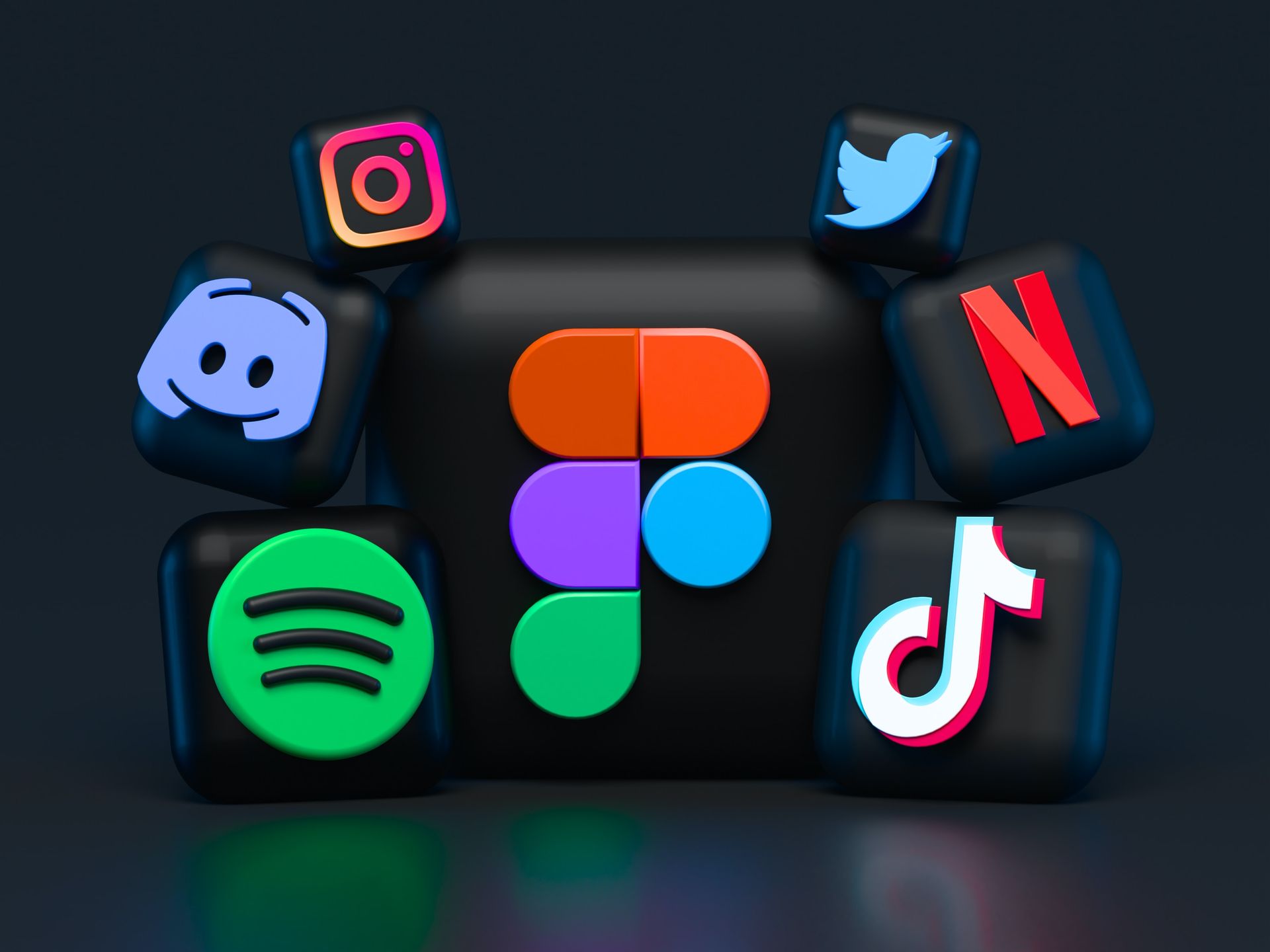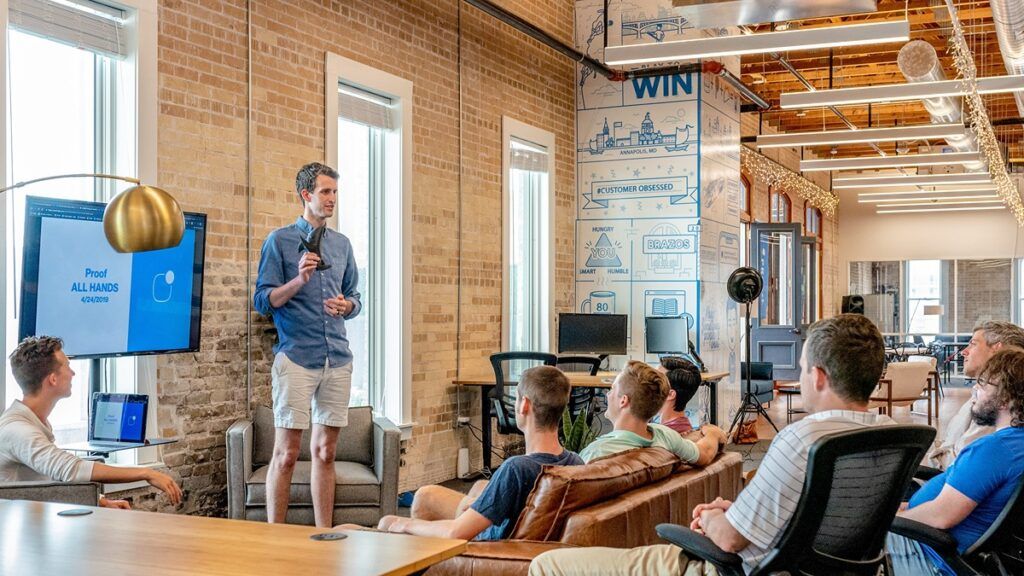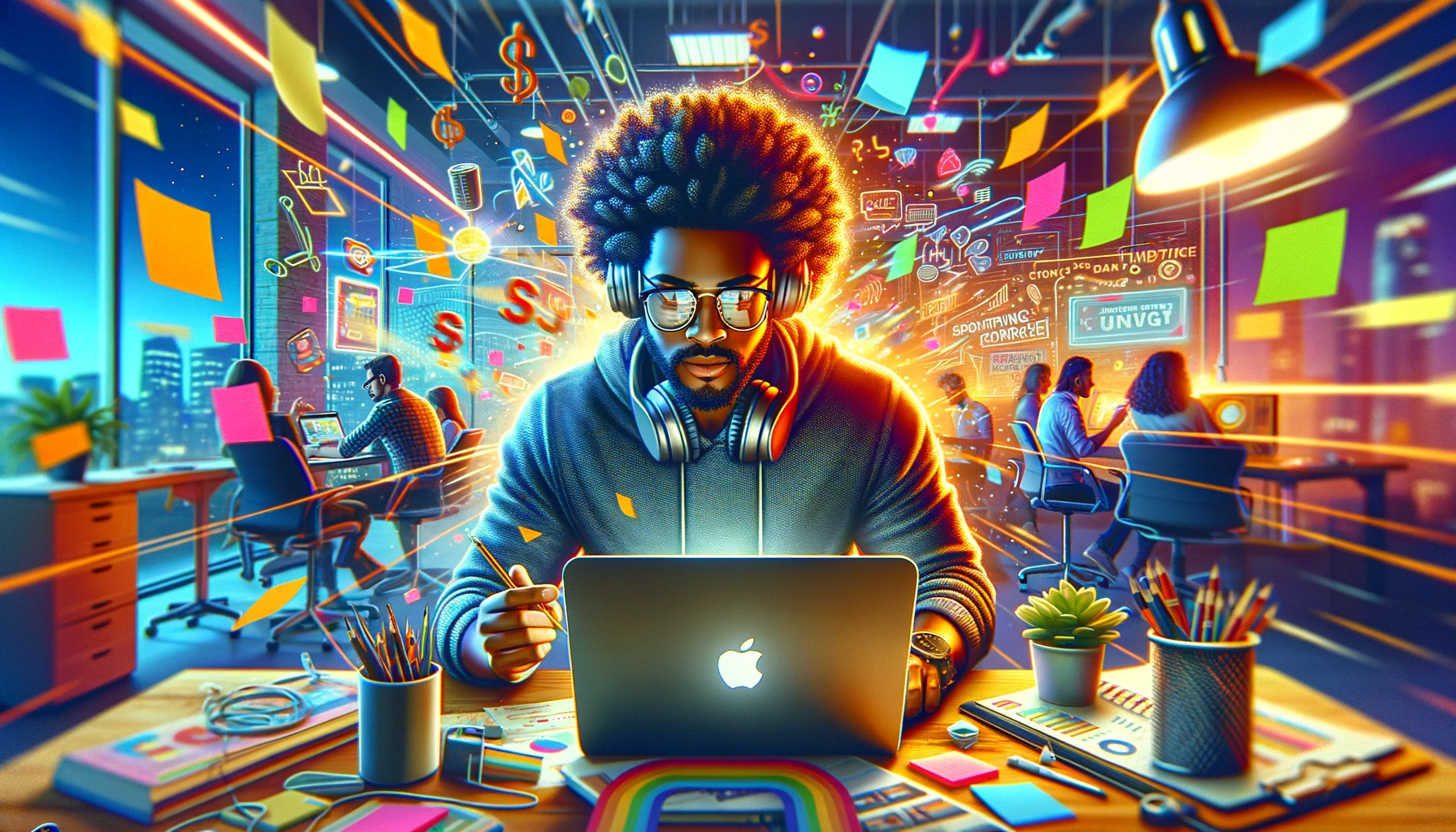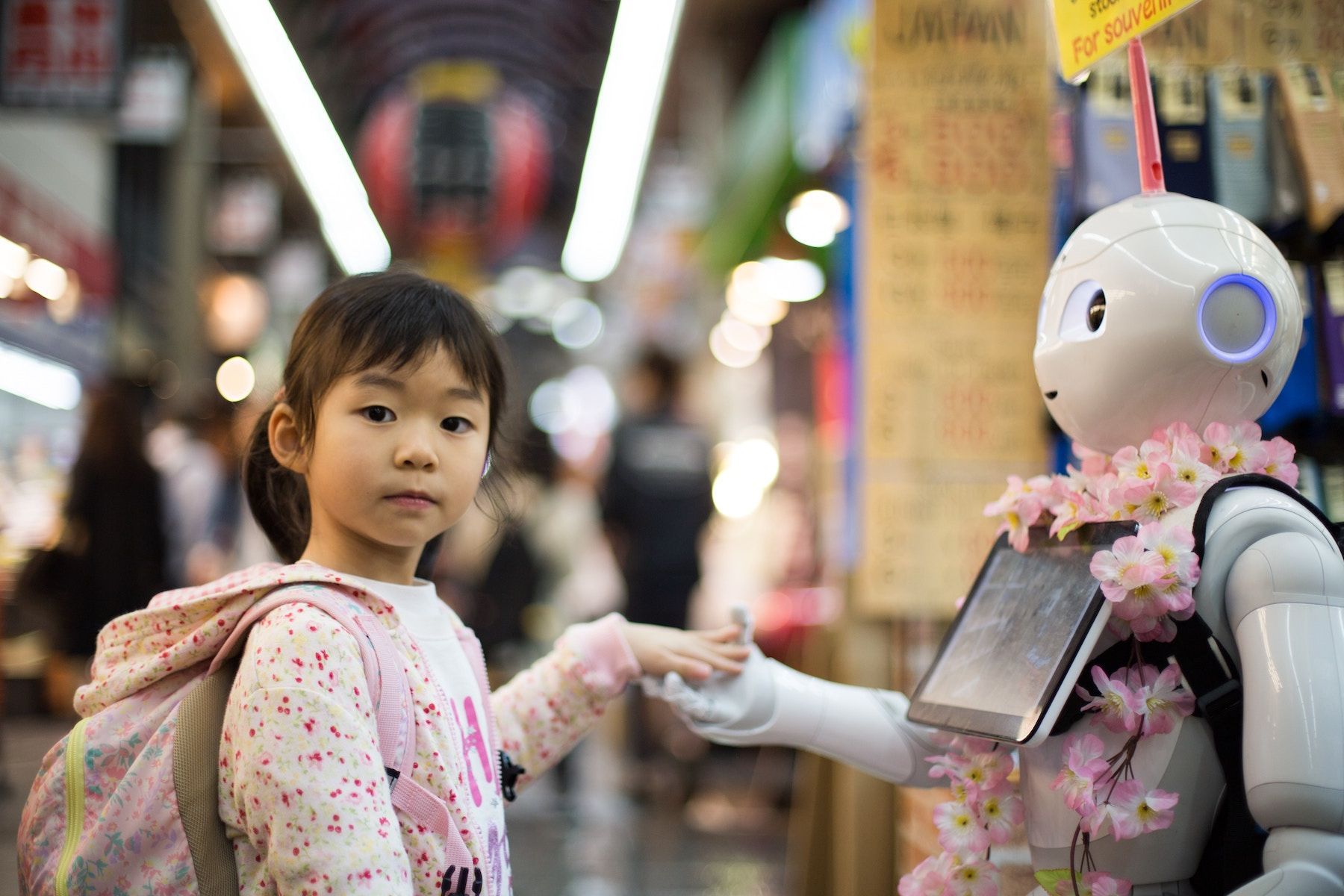10 Powerful Ways Businesses Can Harness Generative AI to Amplify Marketing Results
Introduction:
In today’s hyper-connected and data-driven world, businesses must continually explore innovative approaches to stay ahead of the competition. One such game-changing technology is generative artificial intelligence (AI) , which has the potential to revolutionise marketing strategies and drive exceptional results. By leveraging generative AI , businesses can tap into the power of machine learning algorithms to enhance their marketing efforts and unlock new avenues for growth. In this blog post, we’ll explore ten different ways businesses can utilise generative AI to increase their marketing results.
1. Content Generation and Personalization:
Generative AI enables businesses to automate content creation, saving valuable time and resources. Marketers can utilise AI-powered tools to generate blog posts, social media captions, product descriptions, and more. Furthermore, by analysing user data, generative AI can personalise content to specific target audiences, ensuring that marketing messages resonate deeply with individual consumers. For instance, Copy.ai is a platform that uses GPT-3 to generate marketing copy, blog posts, and social media content. In a case study by Copy.ai, they reported that using AI-generated content increased click-through rates by 36% and reduced cost per acquisition by 31% . These impressive results highlight the effectiveness of AI-generated content in driving marketing performance.
2. Creative Design:
With generative AI , businesses can expedite the design process by automatically generating visually appealing graphics, logos, and other creative assets. AI algorithms can analyse existing design elements, consumer preferences, and industry trends to produce eye-catching visuals that align with the brand identity.
The North Face , an outdoor apparel brand, collaborated with an AI-powered design company to create a virtual try-on experience for their customers. Generative AI algorithms were used to generate virtual models that could showcase how different clothing items would look on various body types. This innovative use of generative AI in design not only improved the customer experience but also increased engagement and sales .
Coca-Cola employed generative AI to create personalized packaging designs for their “Share a Coke” campaign. The AI algorithms analysed user data, such as names and preferences, to generate unique designs that featured individual names on the Coke bottles. The result was that 1.25 million more teens tried a Coke during the following summer and sales of participating Coca-Cola packages rose by a phenomenal 11% in the US. The campaign created a more personal relationship with consumers and inspired shared moments of happiness plus increased brand loyalty.
3. AI-Chatbots and Customer Support:
Generative AI can enhance customer support and streamline communication through chatbots . By training AI models on vast amounts of customer interactions and data, businesses can create intelligent chatbots capable of providing accurate information, resolving common queries, and even offering personalised recommendations. One good example is Bank of America implementing an AI-powered chatbot called “Erica” to assist their customers with financial queries and tasks. Erica has over 25 million users and has completed over 100 million customer requests , demonstrating the effectiveness of generative AI in customer support with increase customer satisfaction as well.
4. Predictive Analytics:
Leveraging generative AI, businesses can extract valuable insights from large volumes of data, predicting customer behaviour, market trends, and future outcomes. By analysing past consumer interactions, purchase history, and external factors, marketers can make data-driven decisions and optimise marketing campaigns for higher conversion rates.
Amazon is renowned for its effective use of generative AI algorithms to drive predictive analytics in marketing. Amazon analyses customer behaviour, purchase history, and browsing patterns to deliver personalized product recommendations. It is estimated that this contributes to approximately 35% of their total sale.
5. Social Media Engagement:
Generative AI can boost social media engagement by analysing user behaviour, sentiment analysis, and trending topics. Businesses can create AI-powered chatbots or virtual influencers to interact with users, respond to comments, and generate personalised content, fostering a stronger connection with the target audience. One good example is H&M (a global fashion retailer): it implemented a generative AI-powered chatbot on their Facebook Messenger platform . The chatbot interacted with customers, answered questions about products, and provided style recommendations based on user preferences. This AI-driven social media engagement approach increased customer interactions and improved user experiences on H&M’s social media channels.
6. Dynamic Pricing:
Generative AI algorithms can analyse market demand, competitor pricing, and other relevant factors to dynamically adjust product prices in real-time. This approach helps businesses optimise revenue by finding the sweet spot that maximises sales volume and profit margins. Do you know airlines , hotels , e-commerce platforms (including Walmart and Best Buy ), and even Ride-Sharing Services ( Uber , Lyft , Didi etc), all utilize generative AI algorithms for dynamic pricing? Yeah, they do! These algorithms analyse factors such as product popularity, competitor prices, and customer behaviour to adjust prices in real-time. This allows companies to stay competitive, optimize sales, and maximize profits.
7. Ad Optimization:
Generative AI empowers businesses to optimise their advertising campaigns by automatically generating and testing multiple ad variations. AI algorithms can assess performance metrics such as click-through rates and conversions. It also enables marketers to identify winning ad combinations and allocate budgets more effectively. Even the almighty Google utilizes generative AI algorithms for ad optimization through its Google Ads platform. With features like Smart Bidding , Google’s AI algorithms analyse historical data, user behaviour, and contextual signals to automatically adjust bidding strategies and optimize ad campaigns. This AI-driven approach improves ad performance metrics such as click-through rates , conversion rates , and ROI on ad spend.
8. Recommendation Engines:
Personalised recommendations drive customer engagement and increase sales. Generative AI-powered recommendation engines help deliver highly relevant product recommendations, leading to increased customer satisfaction and conversions. For example, Netflix’s uses AI algorithms to generate personalized recommendations for each user. It is reported that Netflix saves around $1 billion annually due to reduced churn as a result of the AI-powered recommendation system.
9. Market Research and Trend Analysis:
Generative AI tools can scour the web, social media platforms, and other data sources to analyse consumer sentiments, emerging trends, and competitor activities. Businesses can leverage this information to fine-tune their marketing strategies, launch timely campaigns, and stay ahead in a fast-paced market.
IBM Watson is a well-known AI platform that offers various capabilities, including market research and trend analysis. It analyses large volumes of data from diverse sources such as social media, news articles, and industry reports. IBM Watson’s generative AI algorithms can identify emerging trends, consumer sentiments, and competitor activities. This enables businesses to make data-driven decisions and stay ahead in a fast-paced market.
Another example is Brandwatch : a social media listening and analytics platform that incorporates generative AI algorithms for market research and trend analysis. Brandwatch helps businesses gather insights from social media conversations, identify influencers, and monitor brand reputation. Businesses can gain valuable market insights and stay informed about consumer trends.
10. Virtual Assistants and Voice Search Optimization:
Generative AI enables the development of virtual assistants and voice-activated search capabilities. By integrating AI-powered voice recognition technology, businesses can enhance customer experiences, improve accessibility, and capture the growing market of voice search users. Some popular names on the list include Amazon’s Alexa , Apple’s Siri , Microsoft’s Cortana and Samsung’s Bixby . And the list goes on…
Conclusion:
Generative AI presents businesses with a wealth of opportunities to supercharge their marketing efforts. By leveraging the power of machine learning and automation, businesses can streamline content generation, personalise marketing messages, optimise advertising campaigns, and unlock new levels of customer engagement. Embracing generative AI is not only a pathway to improved marketing results but also a catalyst for innovation.
Get in touch with our marketing specialists for a hassle-free consultation and see how generative AI can transform your business today.
Enjoy this post? See when our latest posts go live by following us on LinkedIn
The post 10 Powerful Ways Businesses Can Harness Generative AI to Amplify Marketing Results first appeared on Version28.










